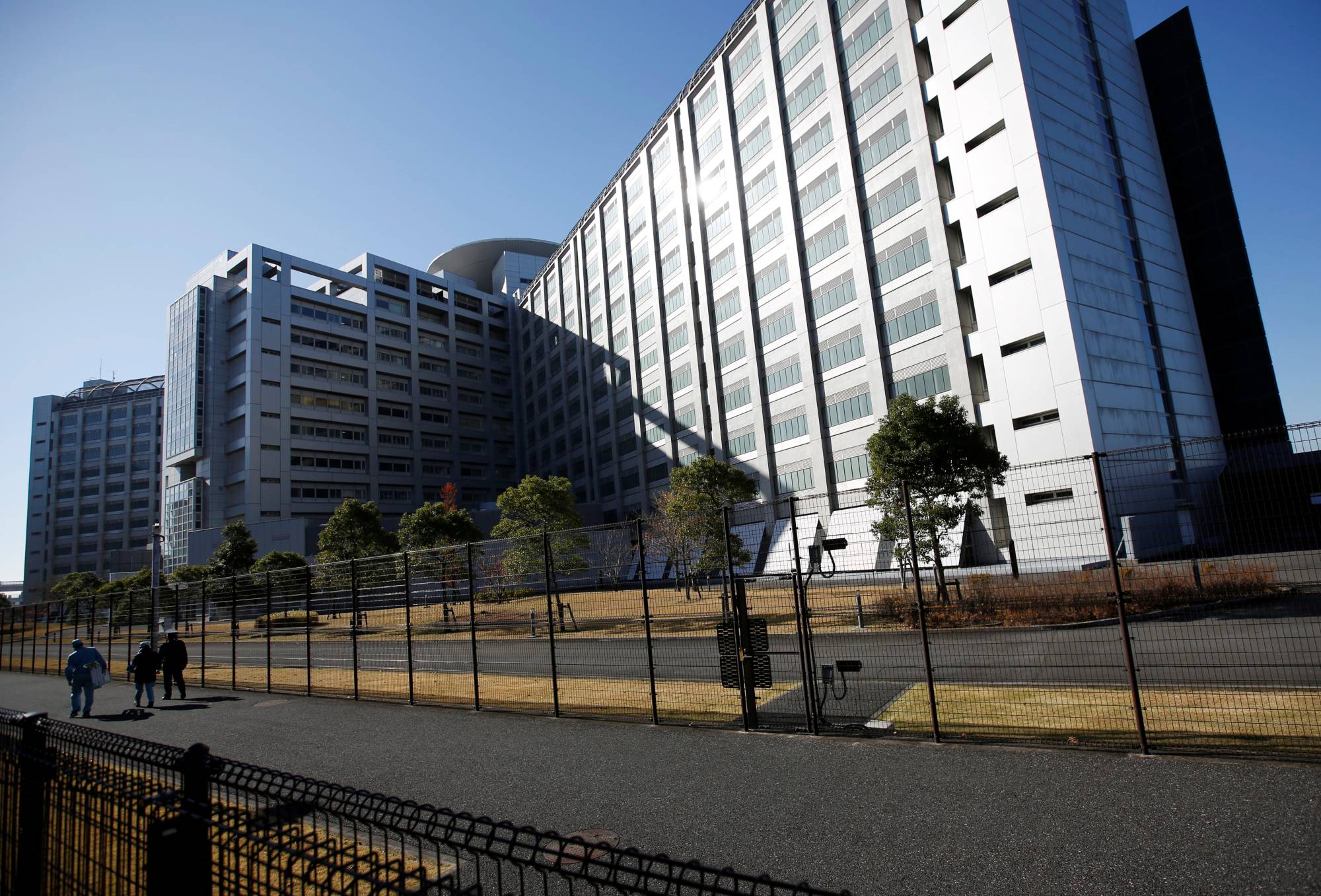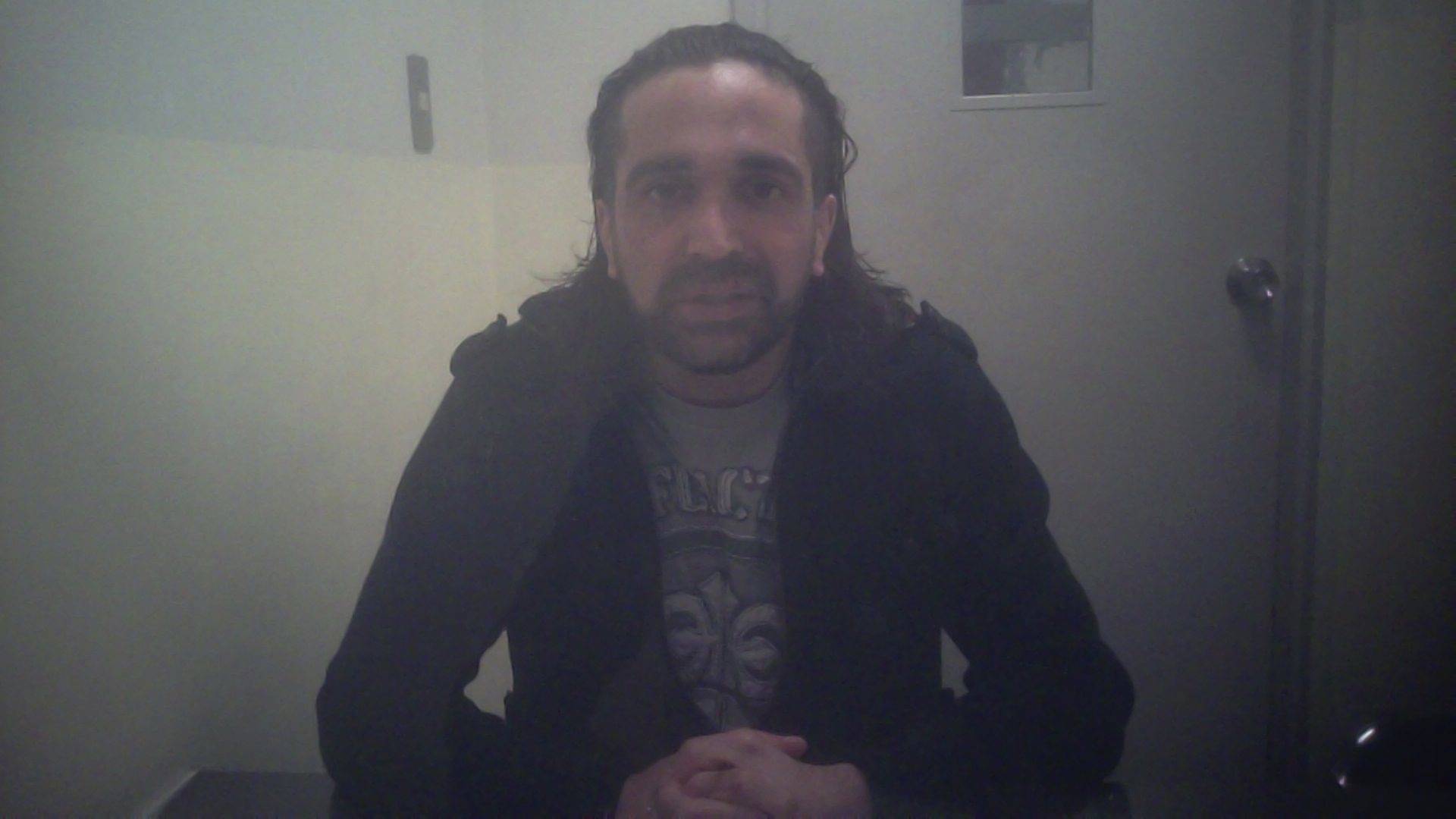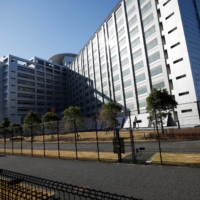Japan’s harsh and restrictive immigration policies, with indefinite detention for visa overstayers and minuscule refugee acceptance numbers (0.4% of refugee applications were approved in 2019), have long drawn foreign media attention and criticism — to little apparent effect. But that may be changing.
In March, the death of a Sri Lankan woman at an immigration facility in Nagoya elicited widespread condemnation. Ratnayake Liyanage Wishma Sandamali had spent months fruitlessly complaining to staff of ill health, and public criticism increased when it was revealed that the facility had refused her repeated requests for outside hospital treatment — while releasing dozens of other detainees due to coronavirus infection concerns.
Soon after her death, the government and the ruling coalition dropped plans to amend the nation’s immigration law to make it even stricter, including a proposal to criminally prosecute asylum seekers who do not comply with deportation orders.
But as Thomas Ash shows in his new documentary “Ushiku,” the conditions endured by detainees in Japan’s 17 immigration centers under the current law are bad enough, driving many to go on hunger strikes or attempt suicide — with some dying in the process.
The world premiere screening of “Ushiku” on May 27 at the Nippon Connection film festival in Germany drew 1,600 online viewers, whose flood of questions kept Ash and two of his interviewees up until midnight — three hours after the start of the screening. “This has given us a unique opportunity to reach more people,” Ash says in an interview with The Japan Times. “My hope and prayer are that this film can really help contextualize why this issue is so important.”
A veteran documentary filmmaker with a long list of credits and awards, including an audience prize at the 2019 Nippon Connection festival for his end-of-life documentary “Sending Off,” Ash faced extraordinary challenges in filming detainees at the Higashi-Nihon Immigration Center in Ushiku, Ibaraki Prefecture.

First, although he had permission to interview detainees, he was not allowed to bring in a camera. Second, the more forthcoming his interviewees were, the more trouble — legal and otherwise — they might find themselves in, as both they and Ash were well aware.
Ash solved the first problem by using a hidden camera. And through his volunteer work for a church supporting the detainees, he was able to meet several individuals eager to share their stories with the world, despite the consequences.
“I never knew when I was going to be able to finish,” Ash says. “I didn’t have a master plan. But in some cases, I was really compelled to film because I was a witness to human rights abuses. I literally believed it was possible (the detainees) were going to die. And I realized that just volunteering wasn’t going to work. It was going to help the people there, but not change the situation.”
To effect change, Ash believed that “it was imperative to collect what I believed would be evidence; the goal wasn’t just to make a film.” One powerful piece of that evidence is video footage, taken inside the Ushiku facility, of guards piling on a vocally protesting detainee with postures and attitudes reminiscent of George Floyd’s murder. The detainee, known only as Deniz, even says “I can’t breathe, you’re choking me” at one point, though he survives and becomes one of Ash’s interviewees.
“(The facility staff) took the footage so that, if I go to court, they can say, ‘He was resisting,’” Deniz explains. Knowing that, he adds, “I was trying not to move.” Not easy to do when a guard was pressing a knuckle into his throat.
Later in the film, a series of photographs show another detainee, Peter, being forcibly deported, with uniformed staff covering his mouth and putting their hands around his neck as he fights for breath. The attempt to deport him failed, but the trauma — evident in Ash’s interview with Peter, in a wheelchair due to weakness after a hunger strike — clearly remains.
“This is not a one-off thing,” Ash says. “It’s kind of their SOP (standard operating procedure).” He explains that Peter and his lawyer came into possession of the photographs because they belong to their subject under Japanese law.
“I told (Peter), ‘I think the world has to see (these photographs), but it’s your choice,’” Ash says. Peter subsequently decided to allow their use in the film. Speaking in front of Ash’s camera, he says of his attempted deportation that “they beat me — I was dying. … They are wicked people.”



“(The film) is not about me,” Ash adds. “It’s not about my journey. It’s not about how I did what I did. This is very much about the men and women that I was meeting. My job is as a vessel to carry their voices. I’m not really creating anything. I’m just bringing their voices.”
His objective? “I want the viewers, particularly the citizens of Japan, to see the film and ask themselves, ‘Is that acceptable? Is that the direction we want our country to be headed?’”
Ash’s activism is not limited to the film itself. With the cooperation of detainees, he is putting together a book that will detail their backgrounds and experiences with the immigration system. Ash has also worked with opposition Diet members to press for reforms. (A segment of the film shows former Justice Minister Masako Mori stonewalling House of Councillors member Taiga Ishikawa’s questions about the treatment of detainees.)
More damaging to detainees’ psyches and spirits than the occasional physical abuse —as the film shows in interview after interview — are the months and years of living in limbo, both in Ushiku and outside on provisional release, which in many cases lasts all of two weeks. “While on release, they are very much in a prison without walls in the sense that they can’t work, they don’t have money, they don’t have a place to live, they don’t have health insurance,” Ash explains. “It’s really difficult for them.”
While inside a detention facility, Ash notes, detainees at least get food, shelter and medical care, however inadequate. “When they come out, suddenly they have nothing,” he says. “And so the system is very, very broken.”
Ash is currently searching for a Japan distributor for “Ushiku,” but he hasn’t found it easy. “One distributor wrote to me yesterday basically saying that it was a great film, and then they proceeded to list four or five reasons why distributing it would be really difficult,” he says.
Streaming services, however, don’t impress him as the best solution to the distribution problem: “You have people saying this should be on Netflix. You know what? It doesn’t work like that. You need to have an agent. They don’t just take unsolicited submissions. But to be honest, I think it needs to be on a big screen. I think the story (of the detainees) deserves to be shown in that way. So my hope and my prayer is that an angel investor or a distributor who really believes in what we’re doing comes forward and says this story needs to come out.”
Meanwhile, the film’s detainees keep fighting for asylum — and a normal existence in Japan with family and friends. “This is a fight between me and immigration,” one says, looking defiantly at the camera. “No one knows who’ll win.”
For more information about “Ushiku,” visit ushikufilm.com.
In line with COVID-19 guidelines, the government is strongly requesting that residents and visitors exercise caution if they choose to visit bars, restaurants, music venues and other public spaces.
In a time of both misinformation and too much information, quality journalism is more crucial than ever.
By subscribing, you can help us get the story right.
SUBSCRIBE NOW




